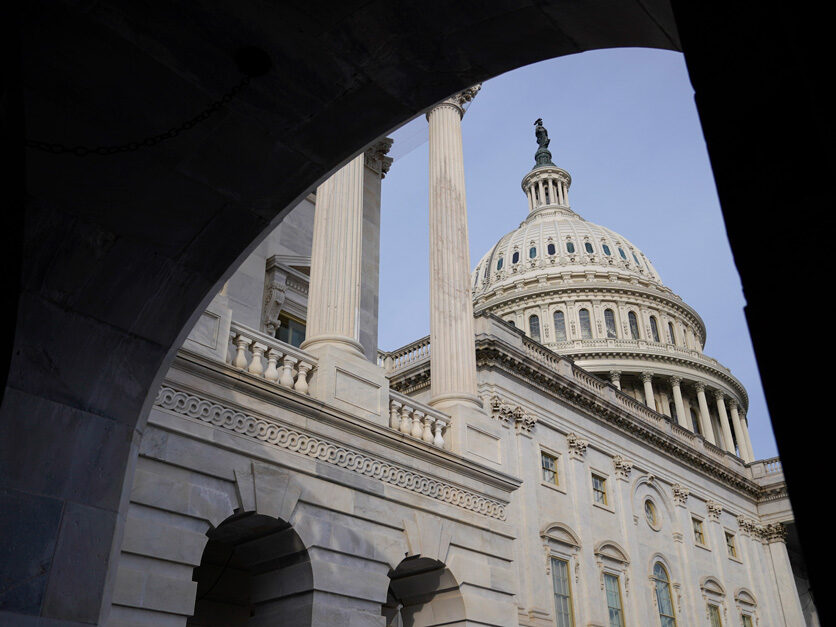Key Takeaways
- House and Senate Republicans differ on budget resolutions and spending cuts, complicating tax and spending negotiations.
- There are substantial proposals for tax cuts and incentives, but the overall deficit remains a concern for conservative members.
- Contentious discussions on Medicaid cuts could significantly impact rural health services, raising concerns about access and affordability for residents.
Diverging Budget Resolutions
Republican leaders in Congress are facing significant challenges as they negotiate budget resolutions and spending plans. The House has approved a budget plan that mandates at least $1.5 trillion in spending cuts over ten years, while the Senate’s version sets a much lower target of $1 billion. This discrepancy highlights the divisions within the party, particularly among agriculture committee members tasked with identifying cuts. Most agree that savings will primarily come from the Supplemental Nutrition Assistance Program (SNAP), despite the difficulties of implementing such extensive reductions.
Long-time budget analyst Bill Hoagland remarks that passing the budget resolution was the easier task, suggesting that the tougher decisions lie ahead. He believes that a comprehensive plan to extend expiring provisions from the Tax Cuts and Jobs Act (TCJA) will be essential for Republicans to buy time for agreements on spending and tax cuts.
Tax Proposals under Scrutiny
The extension of the TCJA’s provisions, including reduced income tax rates and deductions, is a top priority for Republican lawmakers. Many are pushing to make these provisions permanent, which includes proposals to extend various tax benefits while also managing tax revenues to avoid exacerbating the deficit. The Senate’s budget resolution permits an additional $1.5 trillion in tax reductions over the next decade. However, the demand for these cuts far exceeds what can be accommodated without increasing deficits, causing concern among fiscal conservatives.
Several proposals are being evaluated to stay within budget constraints, such as limiting tax exemptions based on income levels or specific sectors. Other potential revenue alterations could include increasing the top income tax rate, which may finance initiatives like an expanded child tax credit.
Future of Biofuel and Clean Energy Incentives
Republican lawmakers must also address tax incentives related to the Inflation Reduction Act, particularly those supporting biofuels. While there is pressure from some factions to repeal these incentives, others advocate for maintaining or even expanding them, particularly the 45Z tax credit designed for clean fuel producers.
This urgency was demonstrated by bipartisan support for extending this incentive from three years to a decade, which reflects broader backing among Republican members from agricultural and commodity-producing states.
Medicaid Cuts and Rural Impact
A critical point of contention is Medicaid funding, with the resolution mandating $880 billion in cuts mainly from health care programs. Given the significant share of projected non-Medicare spending represented by Medicaid, achieving these cuts will likely require deep reductions that have raised alarms among rural health advocates. These rural areas are especially reliant on Medicaid, and proposed shifts of costs to states could severely compromise coverage and services.
Moderate Republicans express reluctance to approve stringent cuts, fearing backlash in upcoming elections. While they may support reforms such as imposing stricter work requirements, advocate groups highlight that the intended cuts could adversely affect low-income individuals in rural communities.
Efforts to impose higher costs on states or restrict funding are also on the table, raising questions about the future sustainability of Medicaid in rural areas, where infrastructure and access to health services are already under strain.
The content above is a summary. For more details, see the source article.















